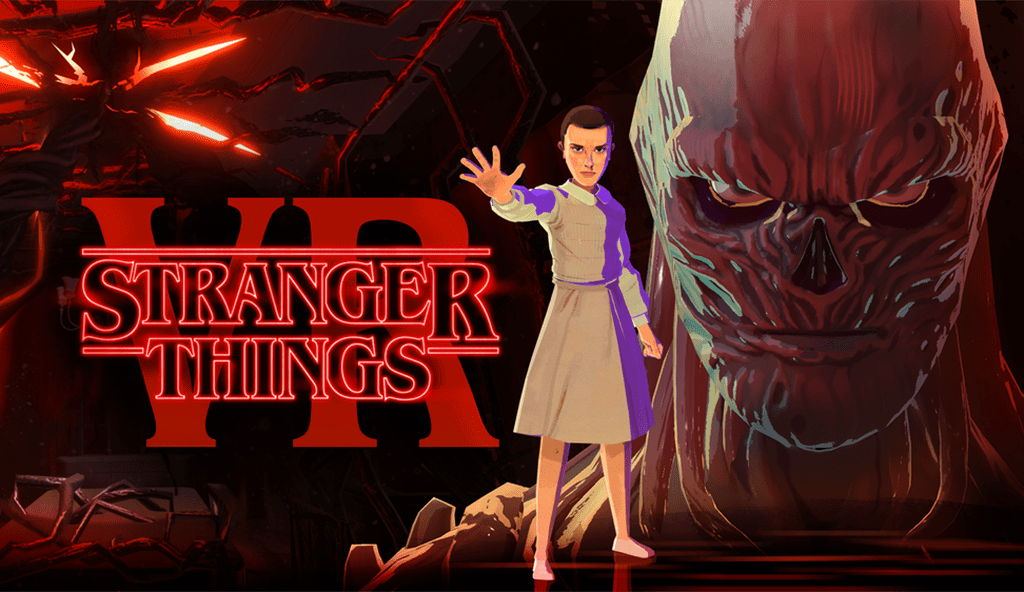- ALT Games Lab
- ASSIST Lab
- Augmented Design Lab
- Authentic User Experience Lab
- Center for Computational Experience
- Creative Coding Lab
- Expressive Intelligence Studio
- Game User Interaction and Intelligence Lab
- Interaction Dynamics Lab
- Misfit Lab
- SET Lab
- Tech4Good Lab
Alternative Learning Technologies and Games Lab
The Alternative Learning Technologies and Games (ALT Games) Lab is an interdisciplinary team working on projects ranging across multiple domains such as human-computer interaction, learning science, electrical engineering, psychology, and digital arts. The mission of the lab is to create and explore the potential of alternative controllers, novel interfaces, and other forms of unique input/output.
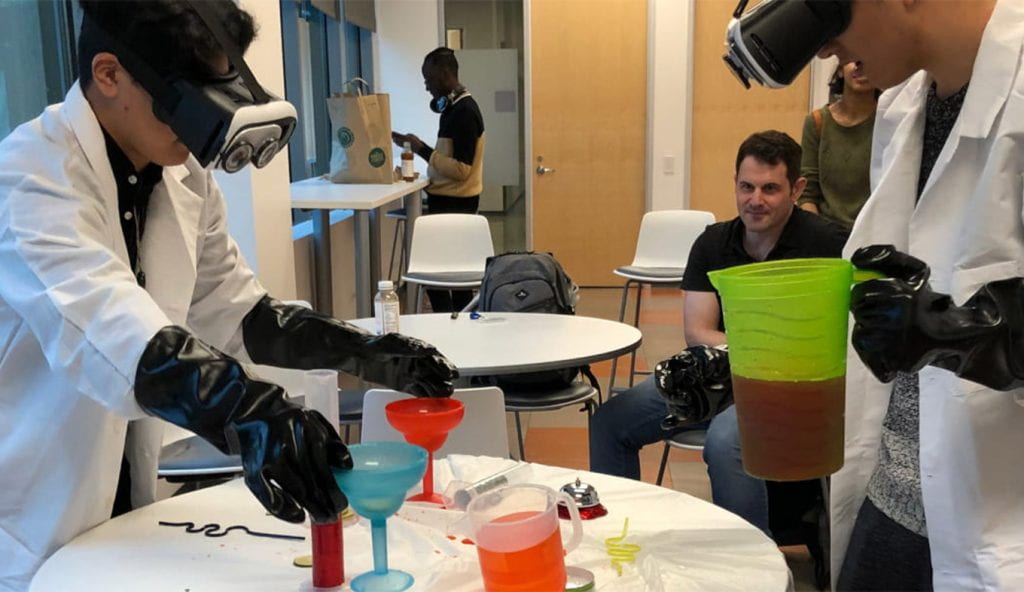
Assistive Sociotechnical Systems for Individuals with Special Needs (ASSIST) Lab
The ASSIST Lab aims to help people with special needs (PSN) maintain a high quality of life through technology. PSN include people with disabilities, older persons, young children, people in the developing countries and people with low socioeconomic status and education—in general those who require special accommodation when learning and using technology
Augmented Design Lab
The Augmented Design Lab focuses on developing basic understandings of the building blocks of design, as well as creating computational assistants that enhance the capacity of humans to perform design activities.
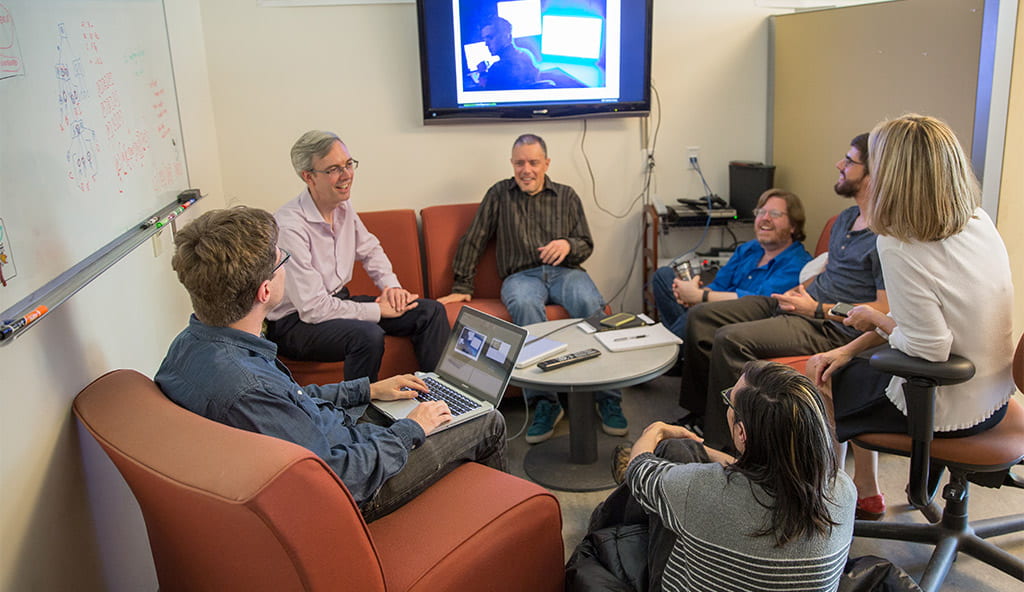
Authentic User Experience Lab
The Authentic User Experience Lab integrates empirical and humanistic methods to conduct research with subcultures. Researchers characterize this relationship of technology with subcultures, design systems to support their notion of authenticity, and fashion new frameworks and methods to inform designs that help people strive for meaningful lives.
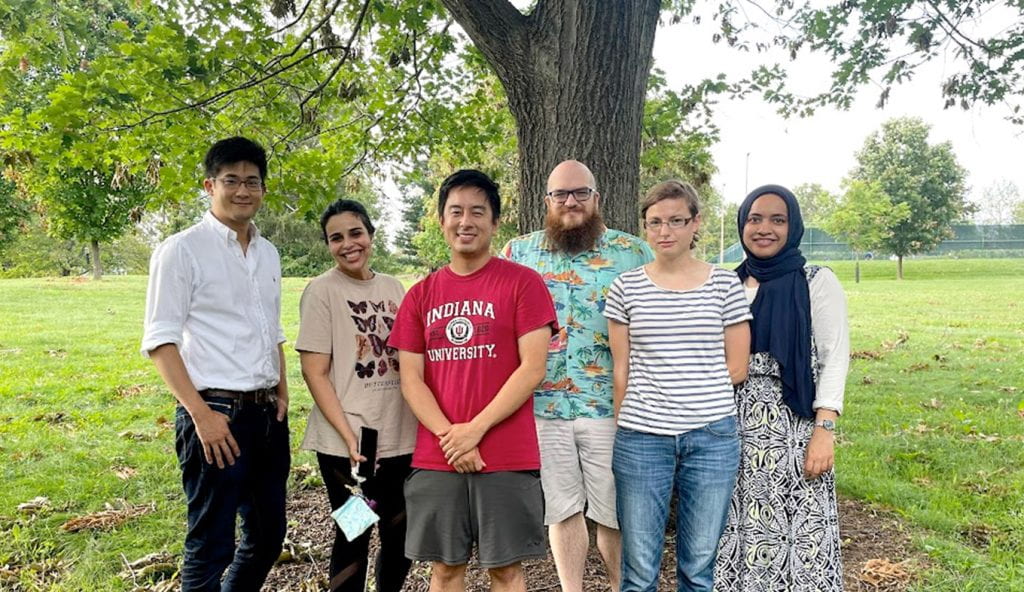
Center for Computational Experience
The Center for Computational Experience is a cross-disciplinary center that is home to games and human-computer interaction (HCI) researchers across UC Santa Cruz. The center’s mission has grown to encompass a broad range of computationally enabled activities—from VR stroke rehabilitation, to apps that help users track and manage mood, to wearables that assist conversational balance, as well as cutting-edge games and playful experiences.
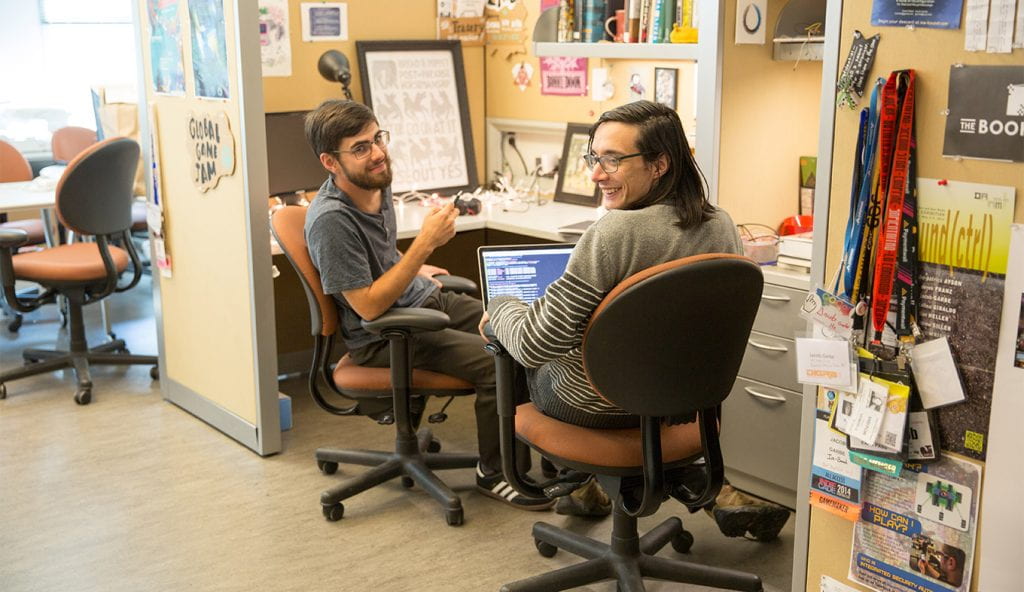
Creative Coding Lab
The UC Santa Cruz Creative Coding Lab consists of a team of interdisciplinary researchers and artists focused on applied research in interaction and visualization, and also on the exploration of experimental and creative works based on current techniques in human-computer interaction, scientific and information visualization, graphics, computer vision, immersive environments, and machine learning.
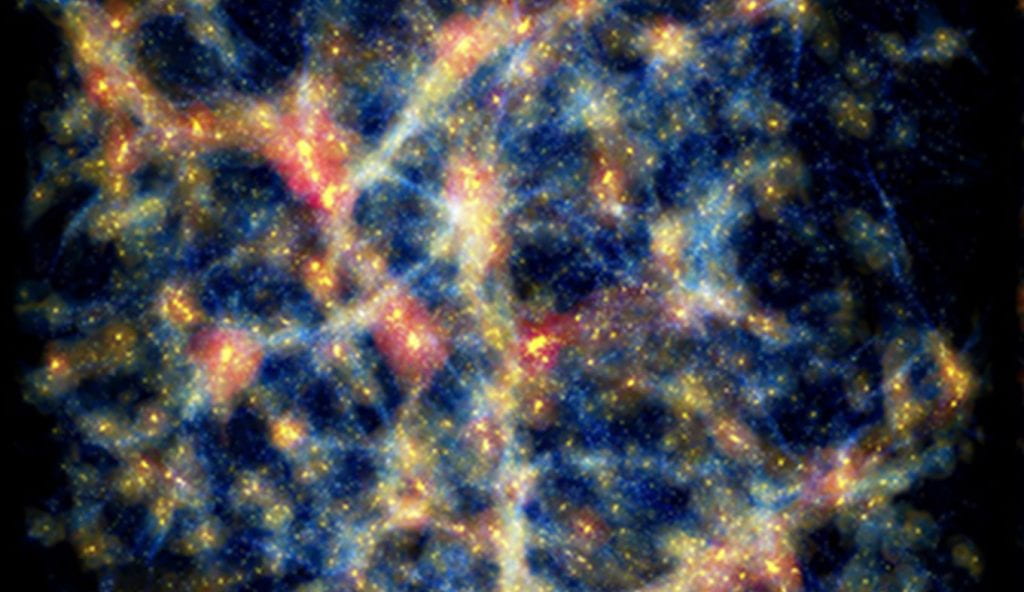
Expressive Intelligence Studio
The Expressive Intelligence Studio (EIS) is a technical and cultural research group at UC Santa Cruz directed by Professors Michael Mateas and Noah Wardrip-Fruin and dedicated to exploring the intersection of artificial intelligence, art, and design.
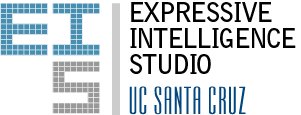
Game User Interaction and Intelligence Lab
Game design, interactive arts, interactive media are new emerging inter- and multi-disciplinary fields that combine different disciplines, including computer science, design, art, engineering, psychology, social science, science, and business. Members of the Game User Interaction and Intelligence (GUII) Lab focus on these emerging areas with an emphasis on contributions on understanding the user experience, expanding and applying new artificial intelligence algorithms, and engineering new engaging designs.
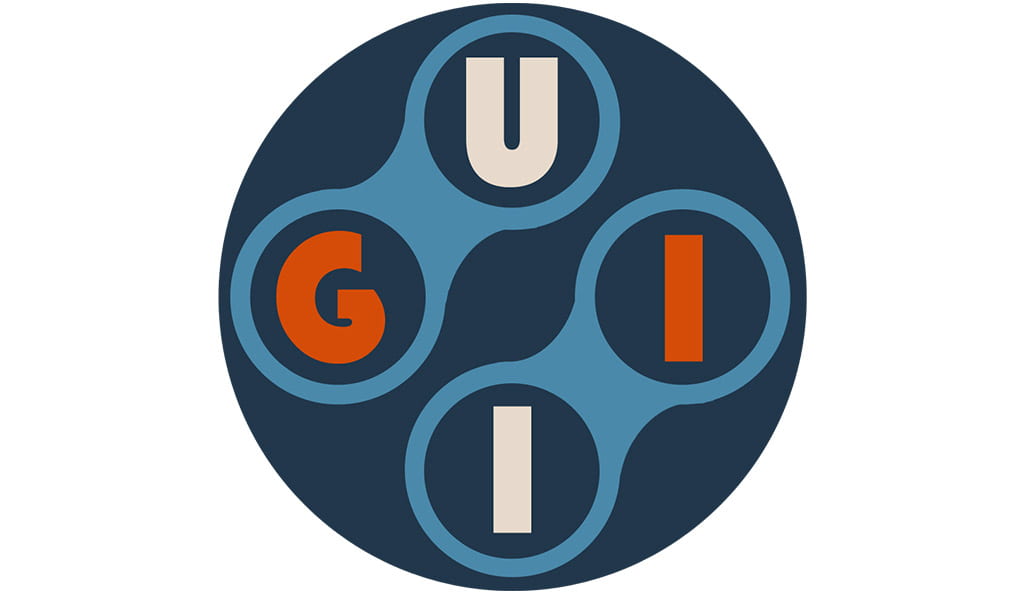
Interaction Dynamics Lab
The Interaction Dynamics Lab builds research tools and develops theoretical frameworks relating to storytelling and narratives in games and playful interactions, as well as virtual AI characters and social simulation in various forms.
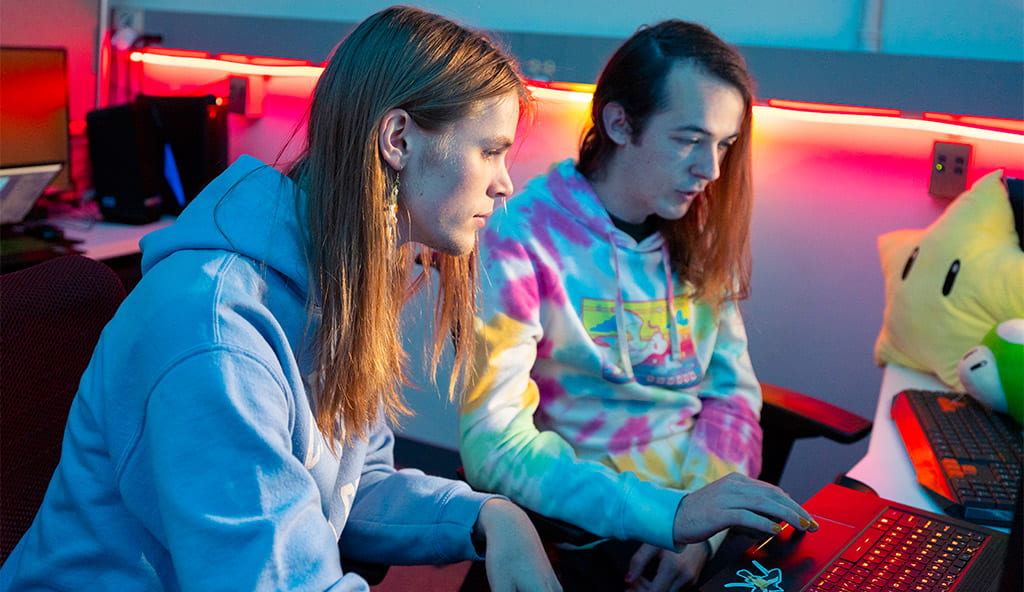
Misfit Lab
The Misfit Lab consists of a team of interdisciplinary researchers and designers focused on care and access in the research areas of human-computer interaction, community, and accessibility.

Social Emotional Technology Lab
The Social Emotional Technology Laboratory (SET Lab) focuses on designing, implementing, and studying human computer interaction technologies that enhance physical, social, and emotional experiences.
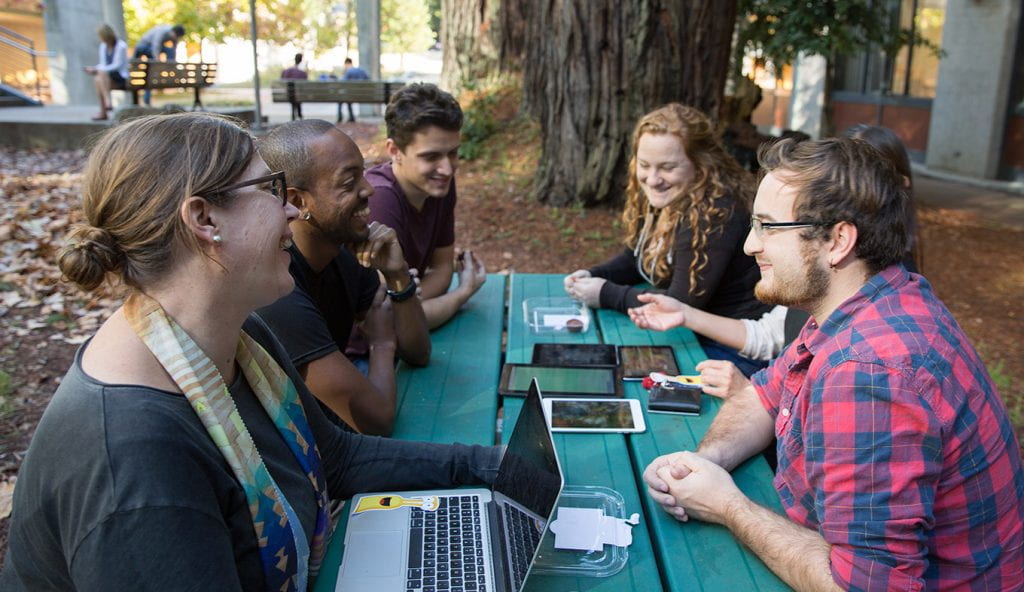
Tech4Good Lab
The Tech4Good Lab does research in social computing, exploring the intersection of computational systems and social interaction. The lab’s mission is to develop systems—integrating design, modeling, and algorithms—to support individual and societal flourishing in work, education, community engagement, and governance.
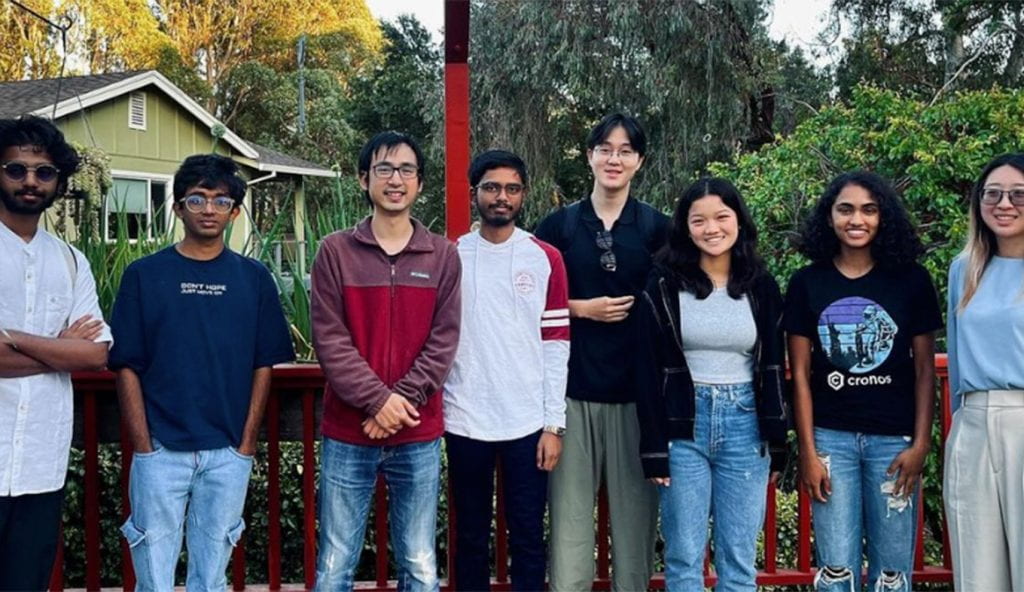
Faculty Research Spotlight
Christina Chung
Assistant Professor Christina Chung’s research draws from the fields of human-computer interaction and health informatics to design systems that support health and wellness, specifically on the topics of motivating healthy behaviors, enhancing relationships, and supporting clinical care.
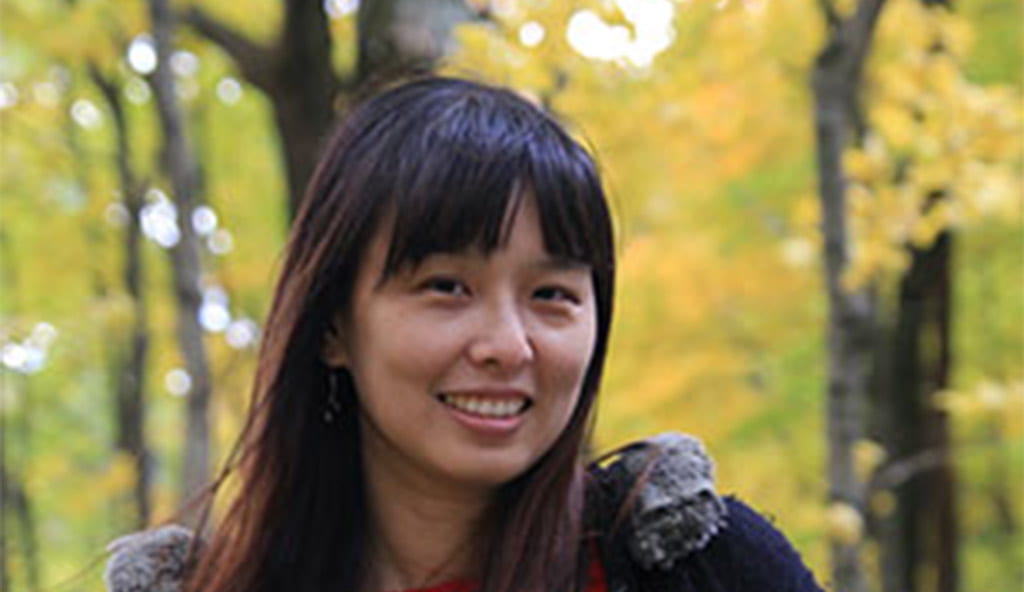
Tender Claws
Tender Claws, co-led by Assistant Teaching Professor Samantha Gorman, is an award-winning art and games studio known for innovations in emerging media, a critically playful eye, and a strong foundation in storytelling.
